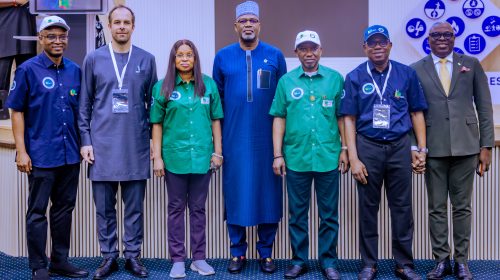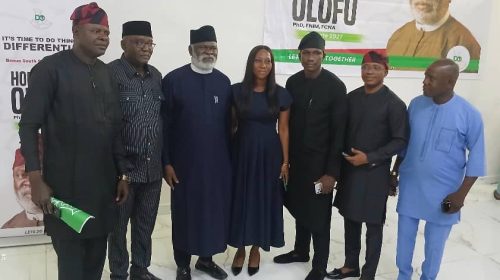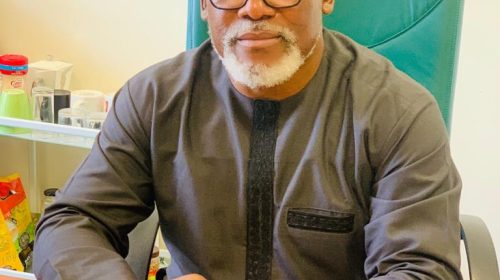2018 Budget: FG Spends N7.3tn – CBN

The Central Bank of Nigeria (CBN) has disclosed that the Federal Government spent about N7.36tn on the implementation of the 2018 budget between January and December.
The amount was spent on three major expenditure components. They are recurrent expenditure, capital expenditure and statutory transfers.
The 2018 budget, signed by President Muhammadu Buhari on June 20 last year, had total spending of N9.1tn.
The capital expenditure was to gulp 31.5 per cent of the total expenditure at N2.87tn, while recurrent non-debt spending was put at N3.51tn in 2018.
There was also a provision of N2.01tn for debt servicing which was 21 per cent of the total budget while a provision of N177bn to retire maturing bond to local contractors was made by the government.
The Ministry of Power, Works and Housing had the highest allocation with N715bn for both recurrent and capital expenditure, Ministry of Interior was to get N577bn while Defence was allocated N576bn.
The Ministry of Education was allocated N542bn; Health, N356bn; Transportation, N267bn; and Agriculture N203bn.
Details of the fiscal operations of the Federal Government, which was obtained from the Central Bank of Nigeria economic report for the fourth quarter of 2018, showed that out of the N9.1tn, the Federal Government had released N7.36tn as of the end of last year.
A breakdown of the amount showed that the sum of N2.01tn was released in the first quarter, N1.63tn in the second quarter while the third and fourth quarter had releases of N1.89tn and N1.82tn respectively.
Further analysis of the document showed that out of the N2.01tn budget releases, N1.39tn was for recurrent expenditure, while N507.16bn and N114.11bn were for capital expenditure and statutory transfers respectively.
In terms of revenue, the report stated that in the first quarter of last year, the Federal Government’s retained revenue was put at N884.88bn.
In the second quarter of 2018, the Federal Government earned N1.12tn, while the sums of N1.03tn and N916.44bn were generated in the third and fourth quarter of 2018 respectively.
The Minister of Finance, Mrs Zainab Ahmed, had last month while unveiling a Strategic Revenue Growth Initiative aimed at boosting the level of revenue generation, said the government was concerned about the inability of some of its agencies to meet their revenue target.
She admitted that it had become a challenge for the government to mobilise fiscal resources to deliver on its developmental objectives, adding that President Muhammadu Buhari had directed that revenue generation needed to be enhanced.
She said while oil revenue to oil Gross Domestic Product ratio stood at about 39 per cent, non-oil revenue to non-oil GDP was about 4.2 per cent.
The finance minister explained that the country’s VAT revenue to GDP stood at less than one per cent, noting that it was low when compared to the ECOWAS average of 3.4 per cent.
In terms of excise revenue, she said at 4.1 per cent, the revenue generated from excise duty in Nigeria was low compared to Ghana at 15.3 per cent and Kenya at 19.5 per cent.
She said, “Nigeria’s low revenue generation capabilities have been an enduring challenge to past and present governments.
“Although we are celebrated as the country in Africa with the largest economy, translating this wealth into revenues remains a challenge.
“We have, therefore, faced difficulty in mobilising domestic funds necessary for human capital development and infrastructure that are both drivers of sustainable economic growth.
“Our current revenue to Gross Domestic Product ratio of about seven per cent is unsatisfactory and we are keen on exerting all efforts in turning this around.”
Ahmed said she had tasked the ministry of finance and its agencies to identify what could be done to turn around the current revenue situation.






Leave a Reply